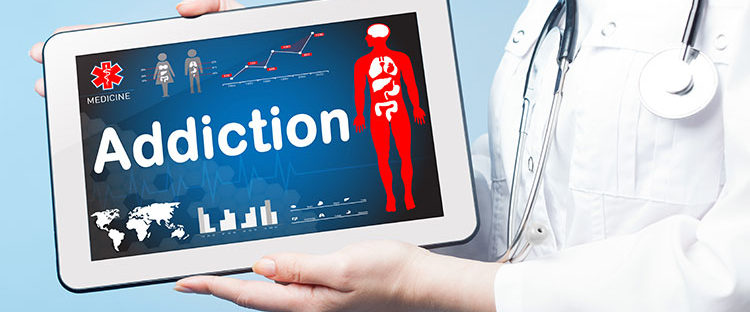It’s easy to get confused about addiction treatment, particularly for those who are new to the process. There are many resources, including addiction counseling, addiction therapy, addiction articles, addiction groups, and addiction centers or recovery centers. There are 3 main stages to the recovery process, which is a good place to start.
Addiction Treatment Stages
Addiction treatment can be broadly categorized in 3 different stages: Detox, inpatient or residential treatment, and aftercare or continuing care.
Detox is the process of freeing the body from the substance and physical addiction. In most cases, it’s highly recommended to have a medically supervised detox, which means that you’re entering a detox center. Depending upon the drug and individual’s use history, this process can range from 3 days to a week, or longer. While some detox centers will introduce some information about recovery, their primary purpose is to detoxify the body, not to treat addiction behavior.
Inpatient or residential treatment is what people commonly refer to as a treatment center or addiction rehab. Some centers are in hospitals (inpatient) while others are in a residential environment (residential). Both require patients to stay overnight at the facility and treatment programs range usually from 2 weeks to 3 months, or more. During this period, patients undergo various forms of therapeutic intervention which can include both individual and group therapies. The goal is to provide the patient with a foundation of recovery knowledge so that they may continue the process after this initial treatment period.
Aftercare or continuing care is what happens after leaving an overnight program. This may include some form of structured transitional living (sober living), an intensive outpatient program (IOP), individual therapy, group therapy, and recovery fellowships like AA or NA. Essentially, aftercare includes everything you do after you leave the treatment center in order to continue your recovery work.
Addiction Services
When someone goes into a treatment facility, they are provided a number of treatment services. After leaving this intensive treatment environment, it’s important to connect with local services where he or she can continue recovery while transitioning to a sober lifestyle. Many treatment centers will help find these resource, which are geared to help prevent addiction relapse.
Sober Living is an Addiction Recovery Residence
A sober living, sober house, or recovery residence, is a place designed to provide a safe and supportive community while transitioning from a treatment center. While many sober living environments accept a multitude of clients with various recovery experiences, most high standard homes will require that every client has undergone some form of primary treatment for addiction. These homes are designed to provide support and there is a broad spectrum to what they offer. At Tharros House in Lexington, we offer a highly supportive and structured environment where clients attend morning meetings, participate in sober activities, group equine therapy, and learn life skills through events like our cooking classes. Tharros House also offers case management to ensure that each client is connected with excellent addiction services and support programs.
Where should I start
At Tharros House, I get many calls from family members of those in an active addiction. While they are looking to us for their solution, we don’t provide the services that are offered in the first two stages, detox and inpatient or residential treatment. There are many great treatment centers throughout the United States, many of which cater to a particular kind of client or form of treatment. Some are 12 step based, others use alternative treatment modalities.
While we are not affiliated with any addiction treatment program, below are some which we recommend for detox and/or addiction treatment. Please give us a call if you have questions about Tharros House or where to start. We will be happy to share some resources which may helpful for your particular situation. You can reach Tharros House at 617-697-1218.
Serenity at Summit (Haverhill, MA)
McLean Fernside (Princeton, MA) and Borden Cottage (Camden, Maine)
McLean Hospital (Belmont MA)
Mountainside Treatment Center (Cannan, CT)
Spring Hill by Sunspire Health (Ashby, MA)
New England Recovery Center (Marlboro, MA)



